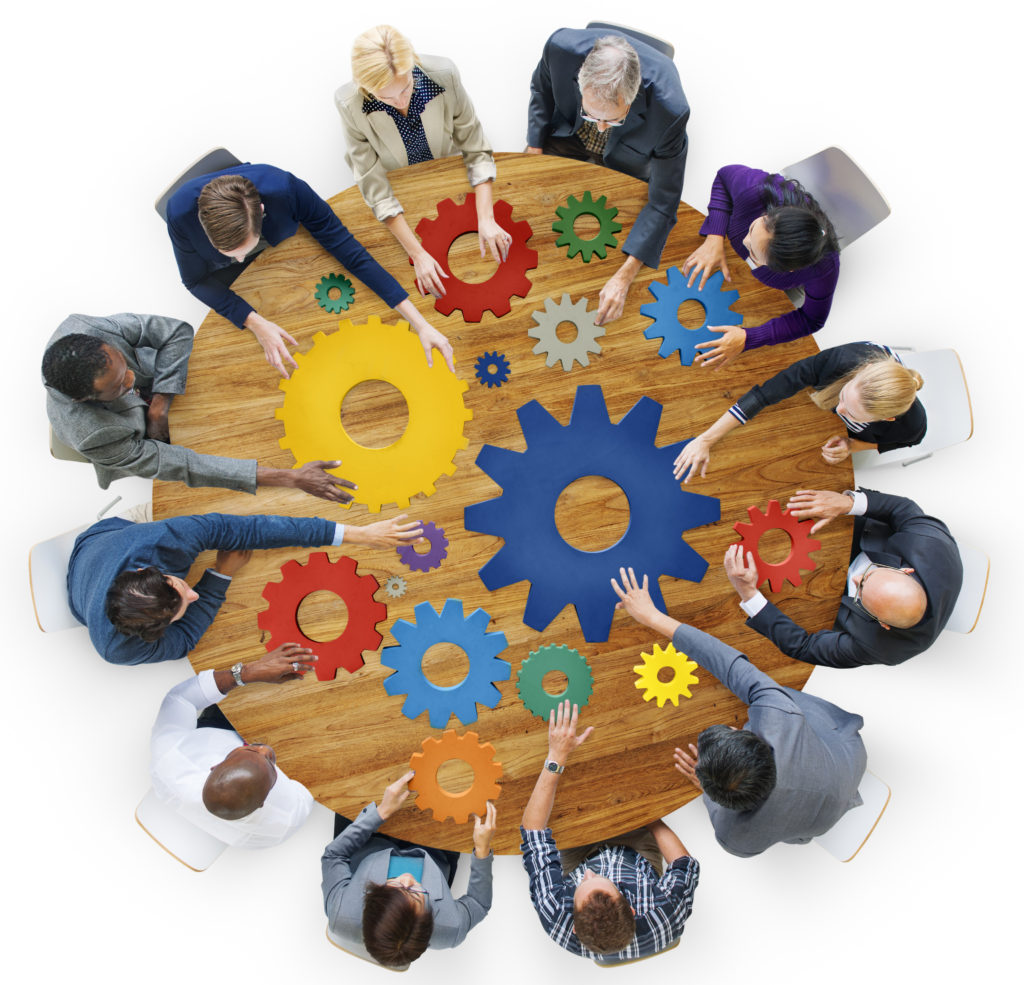Civility is the sum of the many sacrifices we are called to make for the sake of living together.
Stephen L. Carter

Restoring civility requires humility and personal awareness; Council members benefit from asking themselves: “what does the community learn about civility from watching my actions?”
Civility ought to be the glue holding our public process together, providing a foundation for governance. David facilitates processes with civic leaders to work for the common good by focusing on:
- Restoring civility;
- Practicing collaboration as a team responsible for governance;
- Identifying priorities;
- Clarifying roles and expectations;
- Redesigning evaluation processes for appointees;
- Aligning people to develop solutions to local and regional problems.
David prompts local leaders to reflect on themselves and their teams to consider whether they are modeling civility for municipal constituents. Leading with civility requires humility and personal awareness. A key question is: what does the community learn about respect from watching my behavior?
One of the greatest obstacles to exercising effective leadership can be our our own ego. For some of us, the desire to have all the answers or control the outcomes and be seen as all powerful blinds us to the realities of the situation. For others, the fear of being disliked, discounted, dismissed or disrespected undermines our courage to act….Being aware of these tendencies, vulnerabilities and triggers while cultivating other, possibly uncomfortable, ways of responding can help us deploy our abilities in more productive ways.
David D. Crislip and Ed O’Malley, For the Common Good: Redefining Civic Leadership
Moving from competition to collaboration

Out beyond ideas of wrongdoing and rightdoing,
Rumi
there is a field. I’ll meet you there.
Elected officials face many challenges once the election is over. It is no easy task to change one’s mindset and practices to become part of a collaborative team after participating in a competitive election. Leaders must shift from competition to collaboration to maximize their individual and collective effectiveness.
Council teams, municipal organizations and communities are vulnerable to potentially damaging events between the time that new council members are elected and seated. New members can ruffle feathers by not honoring past work and commitment while senior council members can make new members feel unwelcomed.
Many municipal government members don’t recognize this transition and its risk for increasing uncertainty as an anticipated organizational change with predictable consequences. Consciously managing the transition reduces fear, lost productivity and changes in morale. David helps municipal organizations actively manage this transition to address this challenge for the benefit of their communities.

Going slow to go fast

Leaders set direction and inspire people to act. Aligning internal and external stakeholders is one of the most important task leaders must recognize and accomplish. Taking the time to create alignment creates greater ownership and buy-in for stakeholder groups. Although seeking alignment is a slow process, the dividends are valuable because once everyone agrees with a direction, progress can proceed at a faster pace. David uses interactive tools to help participants understand each other and the issues facing their organizations better to create functional, highly productive meeting outcomes.
Identifying priorities

City Managers/Town Administrators and elected officials must collaborate on their shared responsibility to form and manage budgets. The budget creation process provides crucial opportunities for creating alignment about short and long term goals and priorities. Elected officials and their employees must interpret the needs and wishes of the communities they serve and translate them into measurable goals and objectives to drive budget formation. David invites elected officials to listen to the expression of each other’s values. Stronger relationships develop as members demonstrate increased respect for and understanding of each other’s input. Participants note priorities emerging as they identify where alignment exists and learn more about how to approach differences. David slows the process now to go faster later.
Redesigning evaluation systems

Historically many City/Town councils have taken their supervisory responsibilities of appointees casually, relying on informal, undocumented processess. Increasingly communities demand more accountability and transparency from their employees and elected officials. Defining a more robust evaluation process for municipal appointees makes sense!
David facilitates interactive processes in which elected officials redefine and clarify each role and develop a specific set of performance expectations for municipal appointees. Elected officials take the time in executive session to align around a common evaluation that is directly communicated to appointees and used as the basis for establishing clear performance expectations for the coming year. Evaluation becomes a way for elected officials and appointees to be clear about how to address ever changing responsibilities for appointees and to emphasize growing, learning and building new skills.
Working for the common good

The common good consists of our shared values about what we owe one another as citizens who are bound together in the same society-the norms we voluntarily abide by, and the ideals we seek to achieve….A concern for the common good-keeping the common good in mind-is a moral attitude. It recognizes that we are all in it together.
Robert B. Reich, The Common Good
Summary of Offerings to Serve the Common Good:
- Public and executive session retreats for council members and their staff;
- Meeting facilitation;
- Communincation skills training;
- Strategic planning design and facilitation;
- Evaluation development;
- High level executive coaching for employees and elected officials.